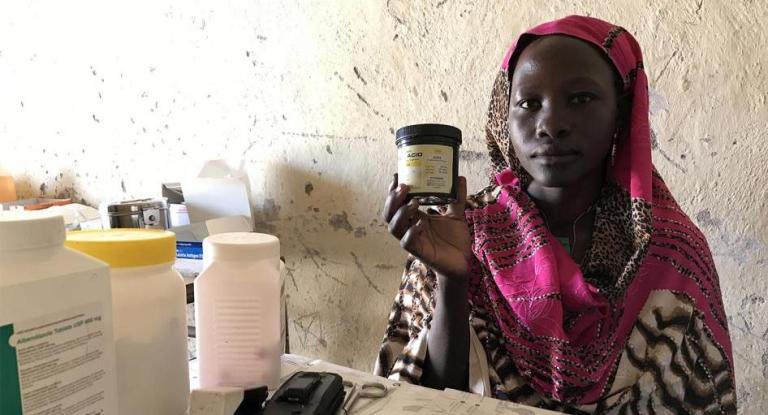HRW calls to open medical access to S. Kordofan civilians

May 24, 2017 (KHARTOUM) – Human Right Watch (HRW) has called to open medical humanitarian access for civilians in the rebel-held area in South Kordofan state pointing to women lack access to reproductive health care, including emergency obstetric care.
In a report released on the situation of women in South Kordofan where a war erupted in 2011 between the Sudanese army and Sudan People’s Liberation Movement-North (SPLM-N), HRW said the obstruction of heath care endangers women’s lives.
The report explained that women and girls cannot get contraception and have little access to health care if they face complications during pregnancy and childbirth.
“Women and girls in the Nuba Mountains are suffering and dying from years without access to life-saving humanitarian aid,” said Skye Wheeler, a women’s rights emergencies researcher at Human Rights Watch.
“The Sudanese government and armed opposition need to put the people first, and should immediately smooth the way for impartial and independent aid agencies to reach the area,” she further stressed.
The Sudanese government and the SPLM-N have failed during the six-year war to reach an agreement on humanitarian access and cessation of hostilities.
The major point of discord that Khartoum refuses to allow direct humanitarian access to the land-locked rebel-controlled areas saying this will allow them to get weapons and ammunition.
Last August, the SPLM-N asked to have a direct safe humanitarian corridor from Ethiopia to transport 20% of the humanitarian assistance to its areas in the Blue Nile. Later on, they said such passage is crucial to move the wounded and sick combatants for treatment abroad.
HRW called on the United Nations to investigate both parties’ obstruction of offers of impartial aid as a violation of the international humanitarian law.
“The UN and others should consider individual sanctions against commanders or leaders determined to be responsible for clear obstruction of aid or any serious violations of international humanitarian law and human rights law,” said the human rights group.
Last November, the United States, which a facilitator of the African Union-led peace process, proposed to transport directly medical assistance to the rebel-held areas. Khartoum accepted the proposal but the SPLM-N is still reluctant.
U.S. State Department officials continue their efforts to convince both parties to accept the initiative.
The SPLM-N on Tuesday said they met in the Tanzanian city Dar es Salaam with American officials on 23 May to discuss the humanitarian access but they didn’t say if a progress has been registered.
(ST)
